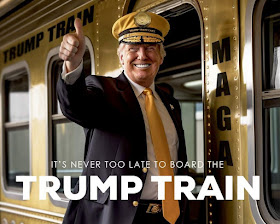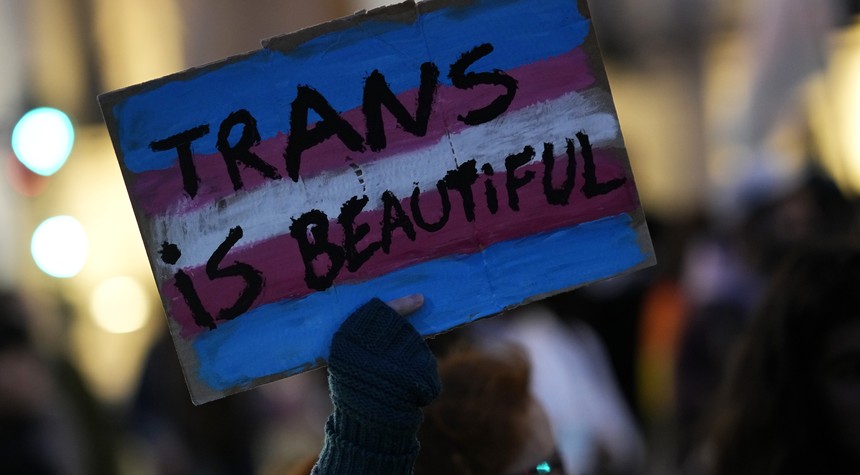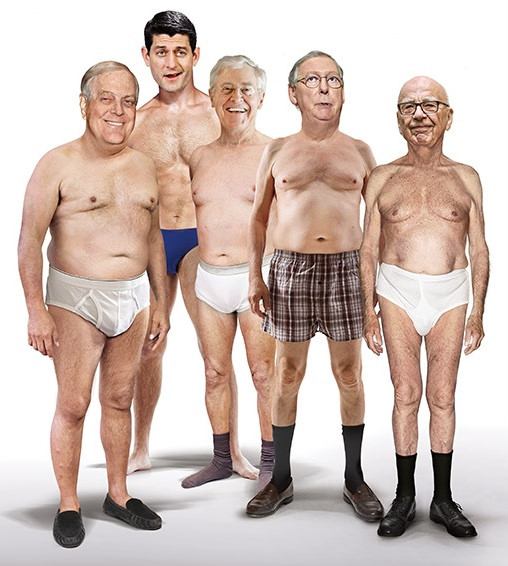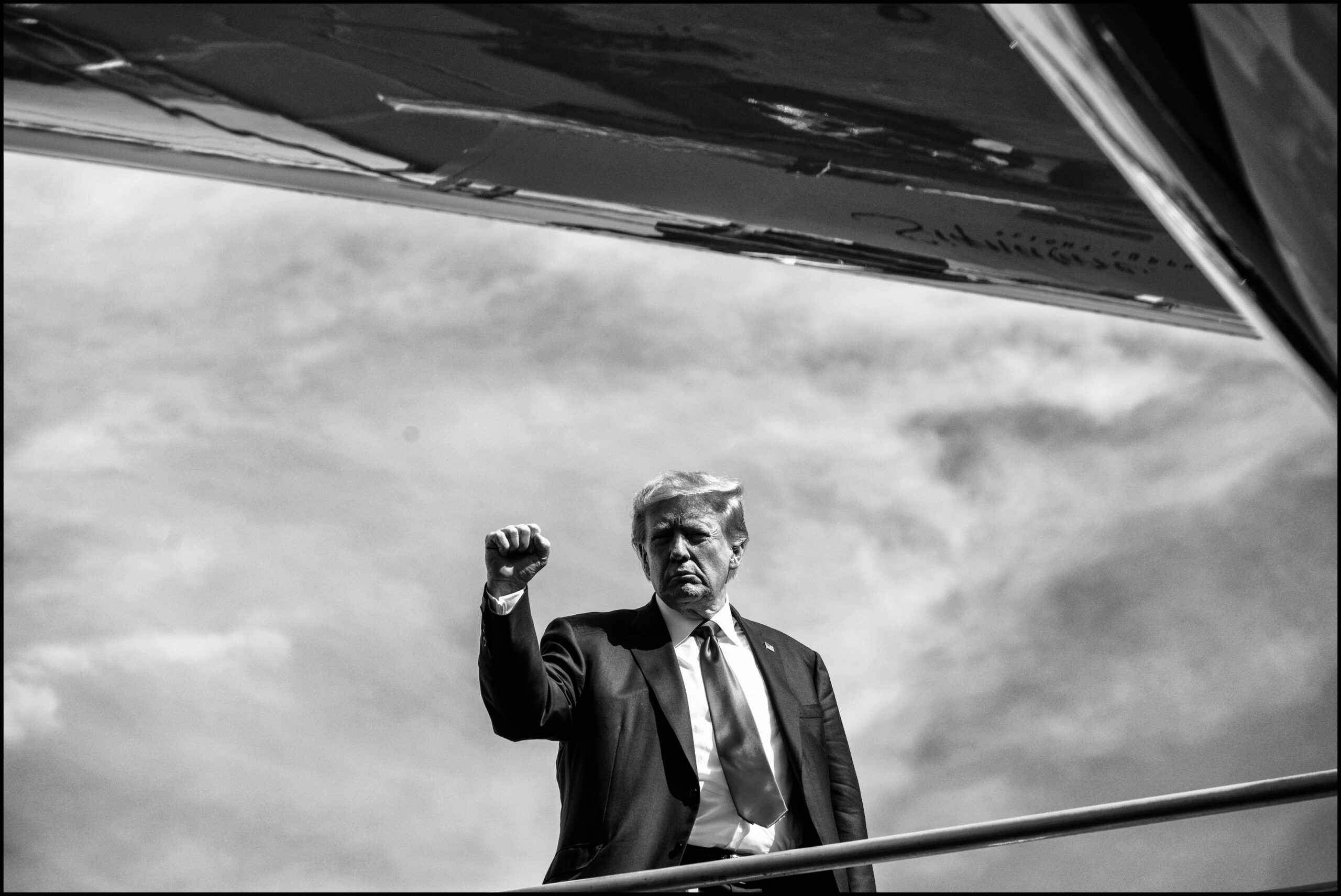When former president Donald J. Trump first burst onto the political scene in 2015 he was an animal. He had boundless energy, and a message that resonated with millions of people—he was fighting for the forgotten men and women who had been let down by our ruling class.
Trump was ubiquitous. At least it felt that way.
It seemed as though the real estate magnate was doing an interview virtually every other hour on every cable news program, whether it was Fox News, CNN or even MSNBC—before their relationship eventually soured during his presidency.
One did not have to flip through the channels for very long to find Trump going at it with Bill O’Reilly or Joe Scarborough. On any given day, one could turn on the TV and there he was at a rally in Iowa, in Michigan, Ohio, or Pennsylvania.
It was a mutually beneficial relationship. The networks watched their ratings soar, and Trump barely had to spend a nickel on advertising.
Part of Trump’s appeal to both the cable networks and to disenfranchised voters at the time was that he was a businessman, a celebrity, a billionaire, and a political outsider. But the other half of his appeal, and the main reason the networks felt compelled to provide him with upwards of $2 billion worth of free airtime was that he was so unpredictable. No one knew what he was going to say or do next on the stump, or on the debate stage that would shake up the political class.
He was P.T. Barnum on the campaign trail.
But it wasn’t so much that Trump shook up the system with his soaring rhetoric, grandiosity, or masterful mocking of anyone who stood in his way. He had ideas that were bracing.
Most notably, fixing our broken immigration system by building a wall along our southern border; ripping up and renegotiating unfair trade agreements with foreign countries; reducing crime on our streets; fixing our crumbling infrastructure; rebuilding our military and our inner cities that had been let down by Democrat politicians; destroying ISIS; promoting economic prosperity by eliminating regulations and reducing taxes; and creating millions of new jobs—unlike the previous administration.
Trump’s ideas were so effective that it left the other candidates with no choice but to try to emulate them, without sounding like they were fighting for sloppy seconds.
Not only did Trump have ideas that resonated with hard-working Americans, but they felt authentic and original. Trump’s 2016 platform was not some carefully crafted policy from a D.C. think tank that had been trial tested before focus groups. If it sounded like they were his ideas, and his alone—that’s because for the most part they were.
Anyone who has watched Trump over the last 40 years knows that many of the proposals that were key components to his campaign, were policies that he had pontificated on the airwaves for decades. This was particularly true when it came to unfair trade agreements that hurt American workers by eliminating jobs and lowering wages, including for farmers, miners, and manufacturers. For years, Trump had spoken about our country being ripped off and outsmarted by other nations, and he talked about America’s infrastructure falling behind other countries in terms of our failing roads, bridges, highways, airports, railways, and military capabilities.
In 2016, Trump spoke a lot more about his presidential qualifications from the standpoint of a successful businessman who would fight for American workers—while portraying himself as a tough negotiator, who would apply the same type of acumen to the Oval Office.
And while it’s true that in Trump’s four years in the White House he accomplished many of the policies previously cited, it is also clear to any impartial observer that he has lost a step and no longer has the same energy or enthusiasm for the things he says.
Age does come for us all eventually, but perhaps even more damning is that aside from releasing daily policy videos that sound like they were crafted by a Heritage Foundation consultant, Trump does not seem to have many new ideas that resonate with anyone outside of the MAGA faithful. At other times, he seems oblivious to the ideas that he has supposedly proposed—including in his recent interview with Brett Baier, where he seemed unaware that “his” new stance on the death penalty would have applied to a drug dealer that he freed from prison during his presidency.
Unlike Governor Ron DeSantis—who has a successful record of fighting the Left on practically every issue, from removing sexualized and anti-American education from the classroom, to protecting women’s sports, to fighting woke corporations, promoting fiscal responsibility and law and order, and protecting Floridians from unconstitutional COVID mandates—Trump no longer seems to have a pulse on what the hot button issues of the day are.
He appears to be running his campaign on auto-pilot, but without nearly the same amount of pizazz and chutzpah from 2016.
For an individual who is first and foremost an entertainer and a self-promoter, it’s hard to fathom that the reality TV star would become predictable and dare I say boring. But that is exactly what has happened.
While it’s true that Trump continues to face a barrage of unfair and never-ending attacks and politicized indictments, how many times do we need to listen to him say, “RUSSIA RUSSIA RUSSIA,” or “UKRAINE, UKRAINE, UKRAINE?”
Trump has every right to defend himself against these smears, but the problem is, his campaign is beginning to feel more like a revenge tour than one that represents the forgotten men and women.
There’s still a long way to go in the 2024 presidential race, but what has stood out the most is that the 2023 Trump is not the 2016 Trump. That might not be a good thing for the MAGA faithful.
Carpe Diem is the pseudonym for a writer who was a speechwriter in the Trump Administration.











